The last 12 months or so haven't been kind to Australia.
In addition to grappling with COVID-19 like the rest of the world, it has been forced to deal with record-setting bushfires. Though these fires have calmed down, there is yet another heat-related problem facing the country.
Coral bleaching in the world's largest reef system, the Great Barrier Reef.
What does this mean?
Bleached corals lose their colour and their food. (Getty Embed)
In case you're unfamiliar, bleaching is what happens when high temperatures cause corals to expel the tiny microscopic algae that normally live in inside them. This algae gives the coral two things — its colour and its food, which the algae provides through photosynthesis.
Without this algae, the corals become white and begin to starve.
What is the current crisis?
Divers inspect coral bleaching around the French Polynesian Islands in 2019. Experts are concerned with how frequently these events are happening. (Getty Embed)
Before this, the Great Barrier Reef had experienced four mass coral bleaching events: in 1998, 2002, 2016, and 2017. After each of these, many of the corals managed to bounce back. As the waters cooled somewhat, the algae returned and the corals began to feed and grow again.
But other corals did die, especially following the back-to-back bleaching events of 2016 and 2017 when record temperatures stretched the reefs to their limit.
Not how hot as much as how often
A healthy reef is a hotbed of life! (Getty Embed)
Researchers are concerned for the future of corals. The more frequently mass bleaching events occur — and the hotter overall water temperatures remain — the harder it is for a reef to bounce back.
The Great Barrier Reef is so huge that it is visible from space. And though there is strength in numbers, this is its third mass bleaching event in just five years. There are only so many events like this that a reef can take before more corals die than are able to bounce back to life. And without the corals, a massive ecosystem is in real trouble.
Research is ongoing
As for this current bleaching event, scientists are still collecting evidence. The shutdowns around COVID-19 have also affected their ability to collect data. But whatever the final data shows, it seems that the solution really hasn't changed.
We need to reduce greenhouse gas emissions to keep global temperatures from climbing.
Watch the video from the Australian Academy of Science below to learn more.
It's happened again: Mass coral bleaching from Australian Academy of Science on Vimeo.
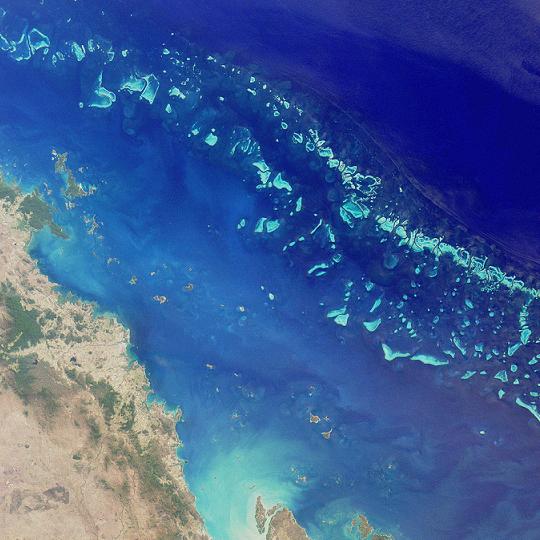 The Great Barrier Reef is visible from space, as this satellite photo proves. (NASA)
The Great Barrier Reef is visible from space, as this satellite photo proves. (NASA)
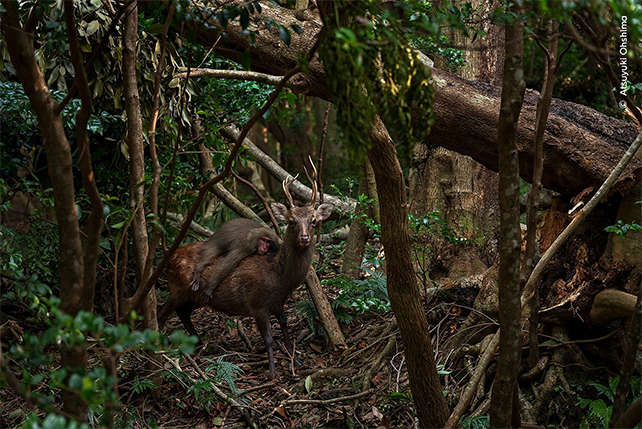

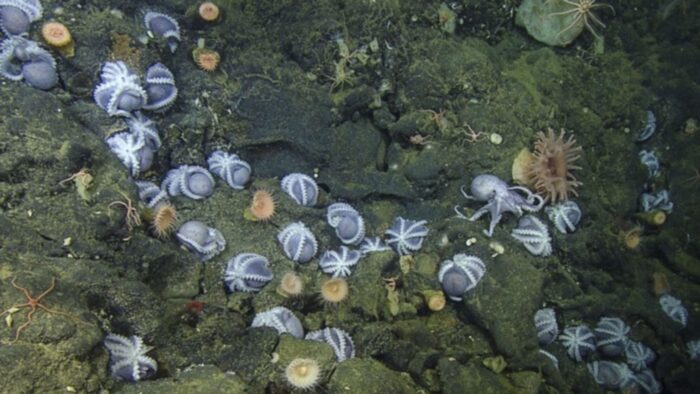
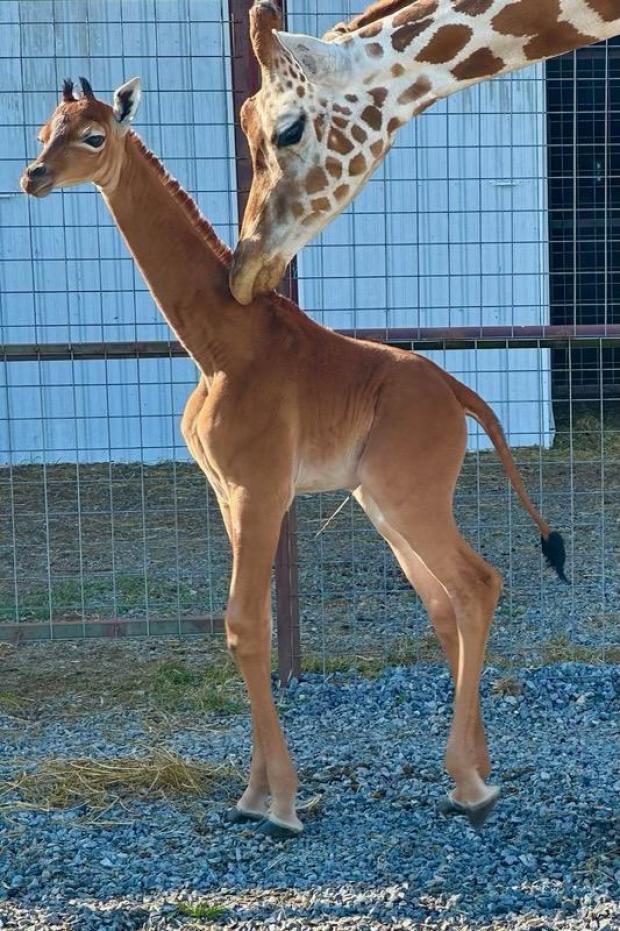
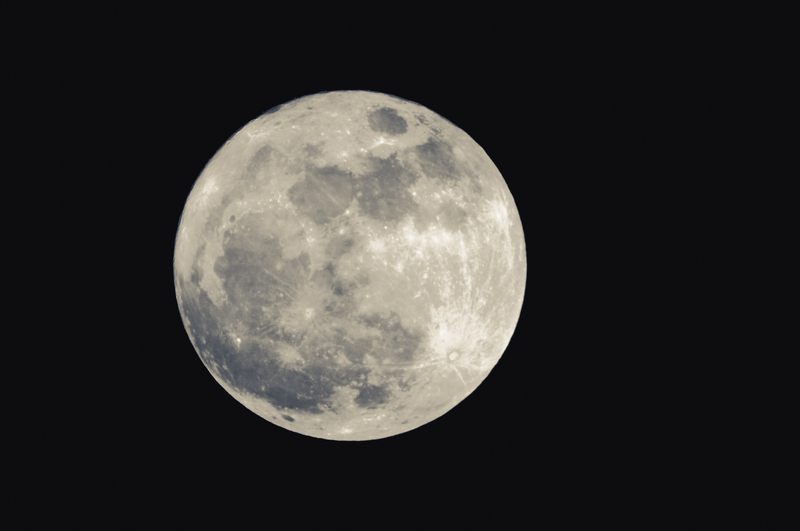
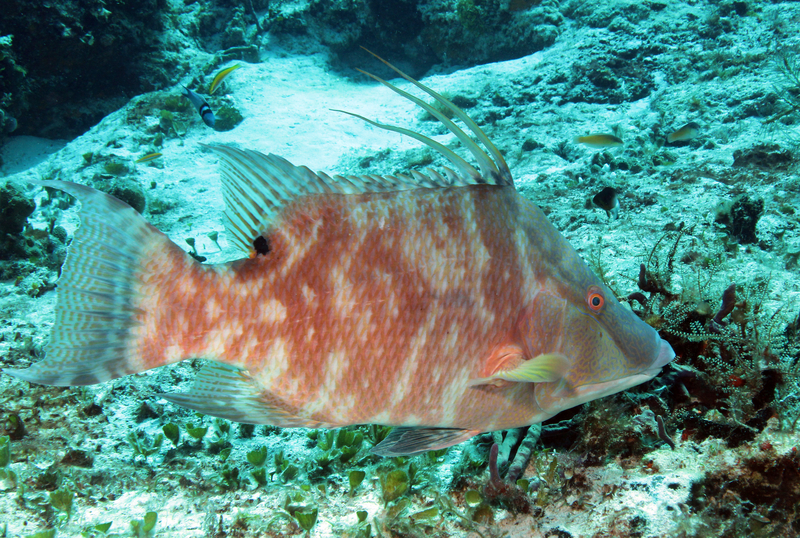

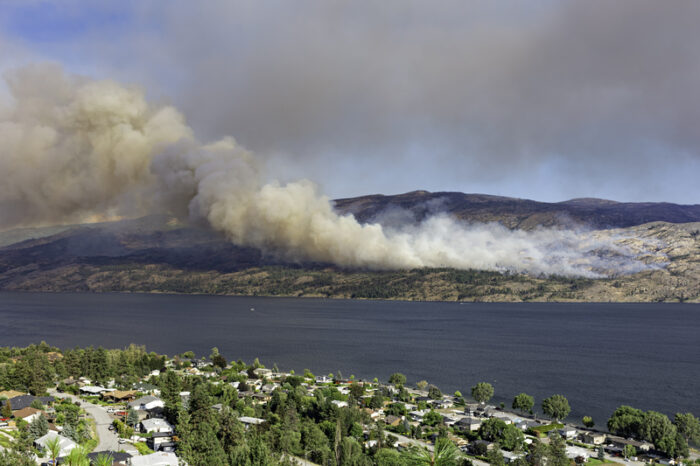
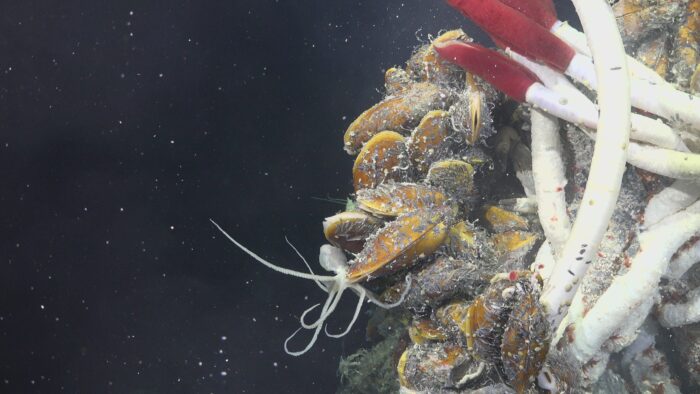
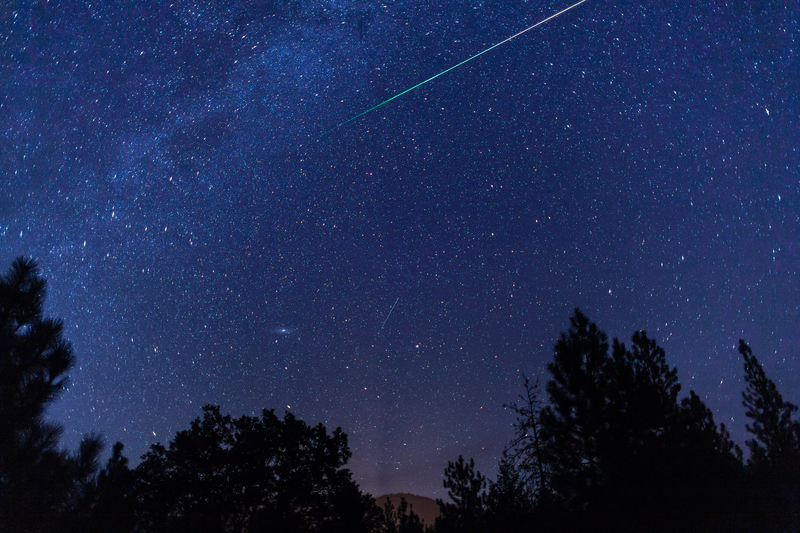
When I grow up I am going to help the coral reefs
WOW SO COOL 😛 😛 😛 😛